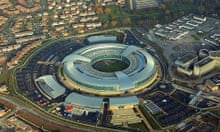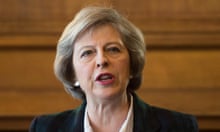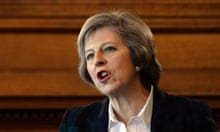A new anti-terror law in China gives the government the explicit power to demand technology firms decrypt electronic messages stored on their servers, sparking concern – and confusion – from foreign companies.
The law as enacted, however, falls short of a draft bill which would have required computer companies to explicitly install “backdoors” on their devices, allowing the Chinese government privileged access to the users’ communications.
Defending the law, the Chinese government pointed to legislation proposed in Western nations, such as Britain’s draft investigatory powers bill, which grants similar powers to the UK government.
Speaking after China’s largely rubber-stamp parliament passed the law on Sunday, Li Shouwei, deputy head of the parliament’s criminal law division under the legislative affairs committee, said China was simply doing what other Western nations already do in asking technology firms to help fight terror.
“This rule accords with the actual work need of fighting terrorism and is basically the same as what other major countries in the world do,” Li told reporters.
This will not affect the normal operation of tech companies and they have nothing to fear in terms of having backdoors installed or losing intellectual property rights, he added.
Adding to the similarities between the British bill, known as the Snooper’s Charter, and the Chinese legislation is the confusion they have sparked amongst tech firms. China’s law is vague about what, exactly, will be demanded when it comes to breaking encryption, and Recode’s Dawn Chmielewski writes that “it could take six months for regulations to emerge that make the government’s intent clear.”
The British bill has faced criticism from a number of technology companies for its anti-encryption stances. In December, Apple explicitly appealed to the government to rethink the law, arguing that “it would be wrong to weaken security for hundreds of millions of law-abiding customers so that it will also be weaker for the very few who pose a threat”. Technology firms have warned that where Britain leads, nations with weaker human rights records may follow, citing the UK’s example before cracking down on protected communications in their own nations.
China’s new law also restricts the right of media to report on details of terror attacks, including a provision that media and social media cannot report on details of terror activities that might lead to imitation, nor show scenes that are “cruel and inhuman”.









